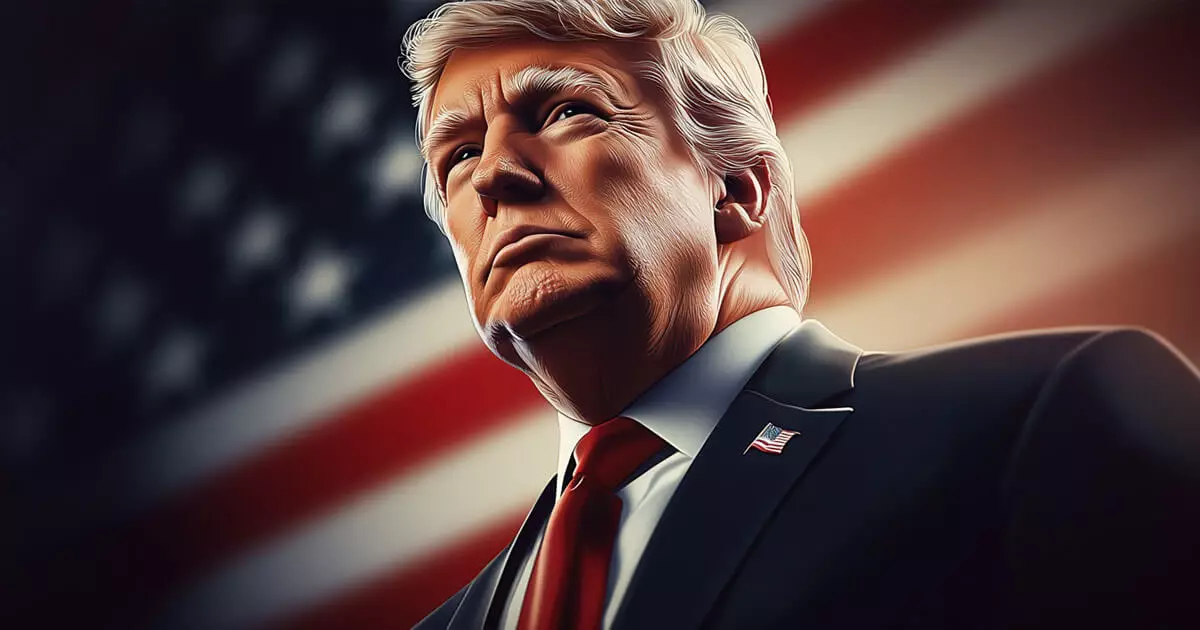The election of Donald Trump as President-elect heralds a notable pivot in the regulatory landscape for cryptocurrency. During his campaign, Trump made promises to temper enforcement actions against the burgeoning crypto market. As legal professionals gathered at a New York conference, they indicated that this shift in priorities would significantly affect how federal agencies approach crimes associated with digital assets.
According to insights from current and former government lawyers, the Justice Department and related regulatory bodies are expected to redirect their enforcement efforts. Key areas likely receiving increased attention include immigration law, a cornerstone of Trump’s campaign rhetoric. This realignment could imply that crypto fraud cases, while still under investigation, may be deprioritized, allowing for a transformation in how government resources are allocated.
Scott Hartman, co-chief of the securities and commodities task force in Manhattan, highlighted the constraints his office faces, stating that fewer prosecutors would be dedicated to crypto enforcement compared to previous years, especially the tumultuous period of 2022 that saw significant downturns in the crypto market. With a current team of 16 prosecutors, Hartman expressed concern over further reductions within his unit.
The speculation surrounding Trump’s appointments also raises questions about the future of the U.S. Securities and Exchange Commission (SEC). Steve Pelkin, a former SEC enforcement head, suggested that substantial resources might pivot towards immigration control under the Trump administration. This would likely lead to a scaling back of aggressive stances on crypto-related cases, as seen in the SEC’s cautious approach during Trump’s previous term (2017-2021).
During that previous administration, Jay Clayton’s tenure as SEC chair focused on a few crypto prosecutions, but his approach was considered less confrontational compared to current chair Gary Gensler. Amidst these changes, the prospect of appointing a new SEC chair who aligns more closely with Trump’s vision remains a topic of considerable interest—particularly since Gensler’s term extends until mid-2025.
As the SEC finds itself in active litigation with major crypto firms like Coinbase and Binance, there lies uncertainty about the continuity of these cases should a new leadership be appointed. The future of such high-profile cases could hinge on the regulatory philosophy of Trump’s next SEC chair, who is yet to be announced. This potential shift raises pivotal questions regarding ongoing litigation and the broader regulatory environment that cryptocurrency firms must navigate.
After years of uncertainty, the trajectory of cryptocurrency enforcement under the Trump administration appears to be evolving towards a landscape where regulatory focus may take a backseat to other political priorities. The implications for entrepreneurs, investors, and individuals involved in the cryptocurrency space will certainly unfold in the coming months as the nation awaits definitive policy changes and leadership appointments.

